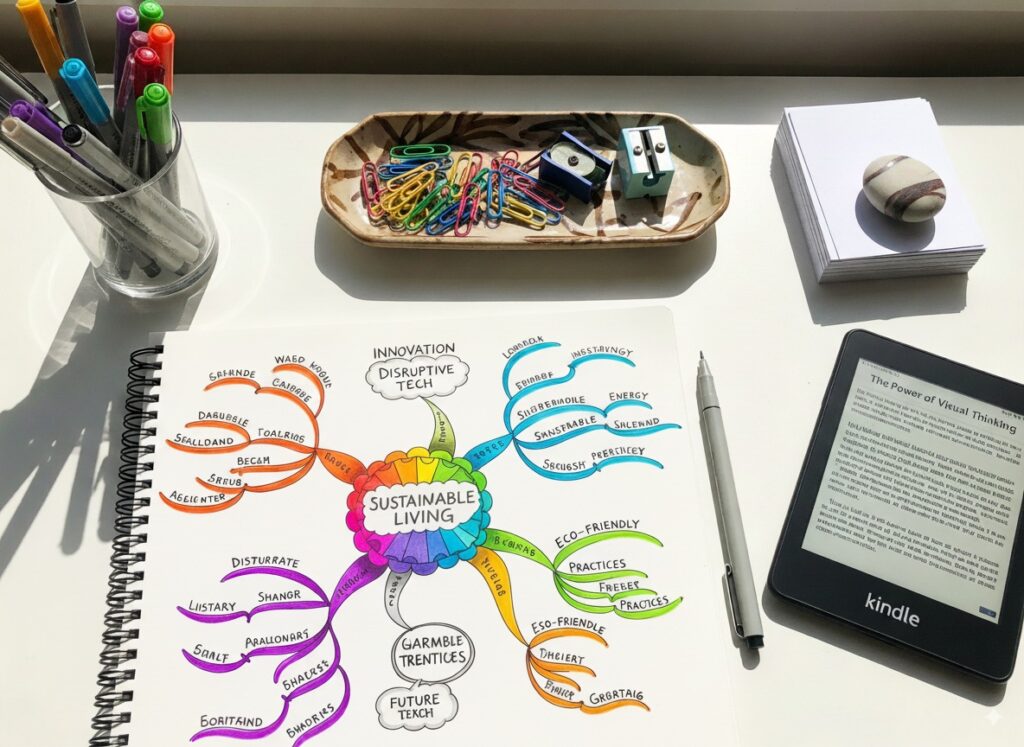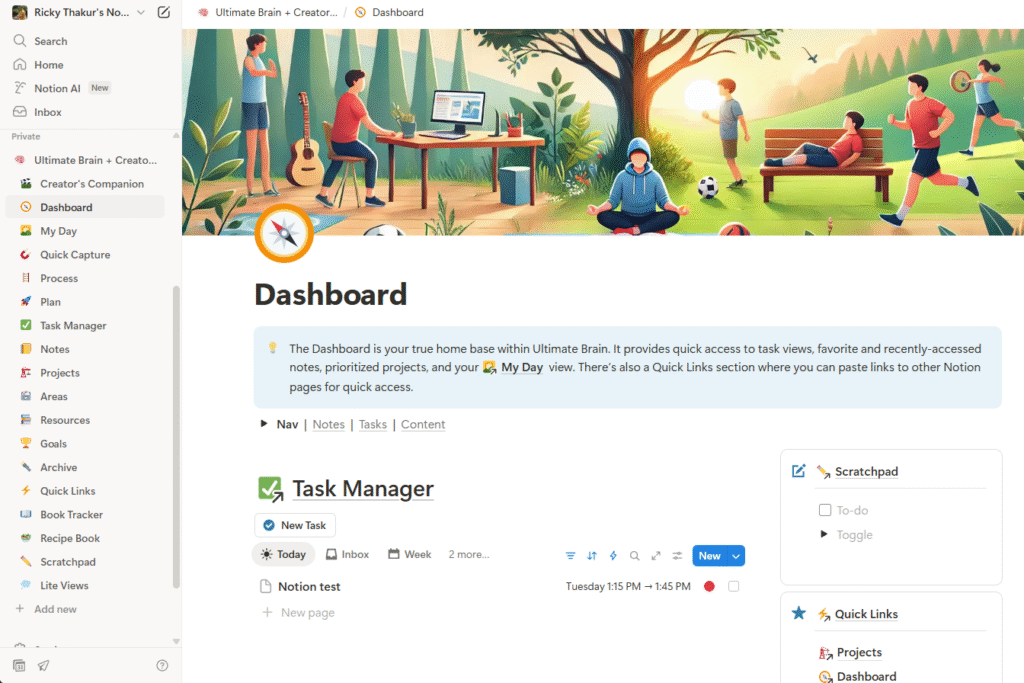Turn Book Knowledge into Action: 5 Proven Strategies to Implement What You Read
Have you ever felt inspired after reading a self-improvement book but struggled to apply its lessons? Turning book knowledge into action is easier said than done. In fact, some memory research suggests we retain only about 10% of what we read, so it’s no surprise that many readers fail to act on new ideas. In this post, I’ll share five actionable strategies that transformed my learning process. By capturing notes effectively, reviewing them regularly, and focusing on quality over quantity, you can start implementing what you read right away.
1. Capture Notes Effectively✍️

-
Use mind maps or outlines: Visual organizers (mind maps, charts, or even bullet lists) help you structure key ideas and see connections at a glance.
-
Highlight actionable insights: When reading (especially on Kindle), highlight quotes or passages that resonate. Use tools like Bookcision to export Kindle highlights into a text file.
-
Save notes in one place: Consolidate notes from books, podcasts, and articles into a single system (Evernote, Notion, OneNote, etc.). For example, I export Kindle highlights with Bookcision and paste them into Notion with chapter headings, making them easy to review later.
2. Review Regularly for Retention⏰

-
Spaced repetition: Schedule reviews of your notes. A simple plan might revisit notes after 3 days, 3 weeks, 3 months, and so on. Each review reinforces the ideas in your mind.
-
Set reminders: I use calendar alerts or task reminders to revisit book notes. Regular check-ins ensure key concepts stay fresh.
-
Revisit old books: If a book doesn’t seem relevant now, its notes might become valuable later as your goals and perspective change. Regular reviews keep useful insights alive.
3. Focus on Quality, Not Quantity🎯
-
Apply before reading more: Instead of rushing through 20 books a year, pick a few (5–10) that truly interest you and apply their lessons. You’ll benefit more from practicing one new habit than from abstract knowledge.
-
Be selective with new reads: If you already have a strong reading habit, slow down. Choose books with clear, actionable advice, and commit to implementing at least one lesson from each.
-
Embrace deliberate practice: It’s fine to read a lot when you’re building the habit. But once reading is routine, spend more time doing than reading. Quality of action trumps quantity of reading.
4. How to turn book knowledge into action by implementing actionable Insights✅
-
Turn lessons into tasks: For each book, write down one or two specific actions you will take. Treat them like to-dos. For example, after reading The 5 AM Club, I created a “Victory Hour” morning routine: 20 minutes of exercise, 20 minutes of meditation/journaling, and 20 minutes of learning. This concrete schedule came directly from the book’s advice.
-
Make a plan: Break big ideas into small steps. If a book suggests “set long-term goals,” your action might be “brainstorm 3 five-year goals this weekend.”
-
Follow up: After implementing something for a week or two, assess how it’s working. Adjust the approach or pick a new strategy from another book. The key is to test and iterate on what you learn.
5. Build a Learning System🗂️

-
Integrate tools: Combine capturing, reviewing, and action-tracking into one workflow. I use Notion to organize all my book notes, review schedules, and action plans in one place.
-
Link resources: In Notion (or your tool of choice), link related notes together. For example, link a book’s note page to your daily to-do page when you set an action item.
-
Automate reminders: Use apps or calendar events to automate reviews. This turns learning into a habit rather than a chore.
As someone who used to read without retaining, these strategies made a huge difference. For example, I now mind-map each chapter of a book, which helps me recall ideas much better. Exporting Kindle highlights with Bookcision and saving them in Notion lets me quickly search and review insights. By setting reminders, I routinely revisit past notes. This system not only improved how I read books, but it also helped me learn from articles, courses, and videos more effectively.
Affiliate Disclosure
Some of the links in this post are affiliate links, which means I may earn a commission if you click on them and make a purchase. This comes at no additional cost to you. I only recommend products and services that I genuinely believe in and have personally reviewed or researched. Your support through these affiliate links helps keep this blog running.
Resources to Help You Turn Book Knowledge into Action📚
Here are some useful tools and resources I personally use (and recommend) to make the most out of your reading journey:
-
Kindle – My go-to for on-the-go reading. It stores all your books and highlights in one portable device. For frequent readers, the convenience of thousands of books in your pocket is invaluable
-
Bookcision (via Readwise) – A free tool that lets you export Kindle highlights into text files, making it easier to review and organize your notes.
-
Notion – A powerful all-in-one tool for capturing notes, creating review schedules, and building a personal learning system. I use Notion to organize book notes, reminders, and action items. (Any similar tool works; Notion just happens to fit my workflow) .
-
Evernote – Another great note-taking app if you prefer a simple, structured way to store your book insights.
-
MindMeister – A user-friendly online mind-mapping tool to visually capture and organize key ideas from books.
-
Podcast – The podcast episode that inspired this blog post, full of practical advice for implementing knowledge.
Conclusion✅
If you want to turn book knowledge into action, remember that it doesn’t have to be overwhelming. Start small—pick just one strategy, like creating mind maps or setting reminders, and see how it transforms your learning. By capturing notes, reviewing regularly, and applying insights, you’ll turn inspiration into lasting results. Which of these strategies will you try first? Share your thoughts in the comments below!

Супер, что наткнулся на такую тему — как
раз недавно исследовал аналогичном аспекте.
Thank you so much!